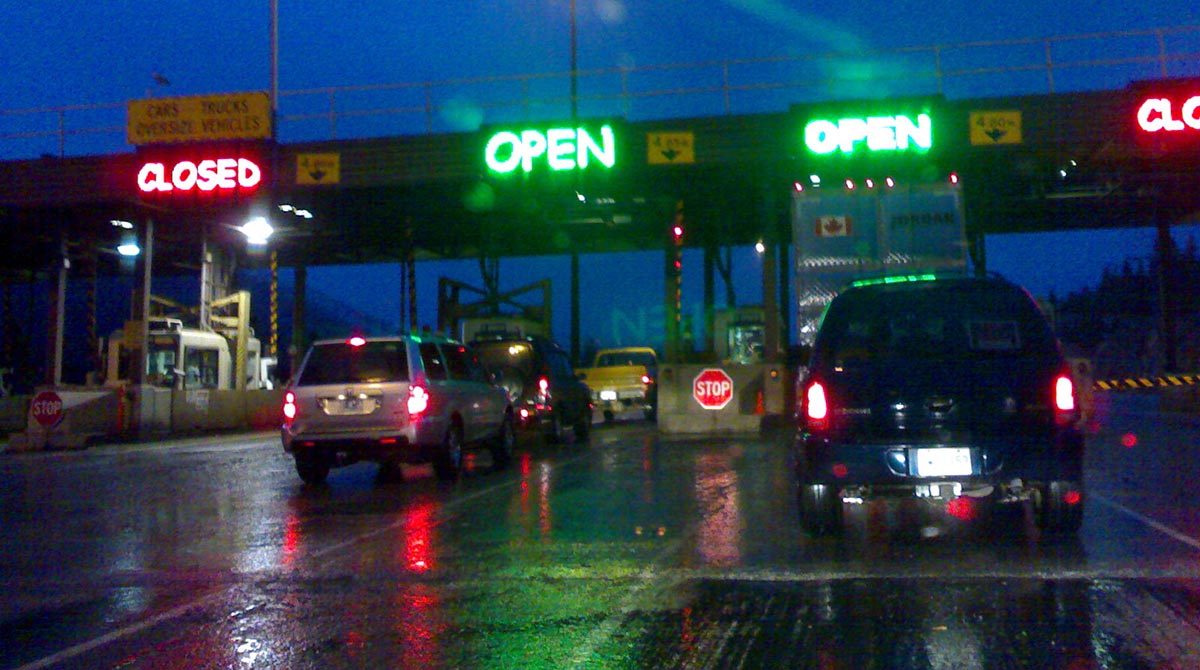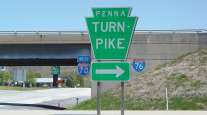Connecticut Tolls Bill Left for Dead, This Year

A controversial bill on highway tolls was pulled from consideration on June 6, seconds before it would have been defeated on the House floor. It is likely to be dead for the year.
House Majority Leader Matt Ritter, (D-Hartford), culminated a 90-minute debate, admitting that there was not enough support in his narrow 79-72 majority to pass the legislation to the Senate.
“Every state on the Eastern Seaboard has them,” Ritter said, after Democrats spoke in favor of the bill and Republicans deflated their arguments. He said that roads and bridges are vestiges of the 1970s at a time when they need massive infusions of capital repairs and rebuilding. But the state’s dedicated fund for transit issues is scheduled to go broke by 2020.
“This is just another way to get revenue when we’re not making the changes we need to in this state,” said House Minority Leader Themis Klarides, (R-Derby), stressing that the state has plenty of money for transportation projects. “We choose to spend it in ways that are not effective for the state of Connecticut. We tax too much, we spend too much, we borrow too much.”
She said that the proposal has gone from border tolls, capturing cash from out-of-staters passing through the state, to now dozens of tolls that are bound to add large daily expenses for all state drivers. Draft plans for tolls would not only put electronic tolls on interstate 95, 91 and I-84, but on other limited-access highways including Route 8. “These are very serious proposals.”
Democrats led by Rep. Antonio Guerrera of Berlin, co-chairman of the Transportation Committee who has been proposing toll legislation for years, stressed that once the state’s special fund for transportation gets replenished, the quarter-per-gallon gasoline tax would phase out by a penny a year for five years.
“This is not a promise,” said Rep. Jason Perillo, (R-Shelton). “This is a hope. If we were really serious about relief, we’d eliminate the gas tax.”
“It’s not a tax, it’s a user fee,” said Rep. Jonathan Steinberg, (D-Westport), stressing that he is from traffic-clogged Fairfield County. “We have the worst congestion in the state, the region and the nation. It’s not a tax. It’s a user fee.”
“No matter what we call it, a toll is a tax on the people of this state,” said Rep. Stephen Harding Jr., (R-Brookfield), criticizing the draft plan he saw that planned for 12 tolls on I-84 between the New York line and Hartford. “I can’t imagine putting that on the constituents of my district.”
Plans also included 11 tolls along the Merritt Parkway and a dozen tolls on I-95 between Greenwich and New Haven. In attempt to attract more support, the bill was turned into a study of the issue and locations, with a vote next year. But that still failed.
“If I understand the other side’s argument,” said Rep. Chris Perone, (D-Norwalk), “it’s hurry up and do nothing.”
In related action, a so-called lock-box amendment to the state Constitution, was approved 101-50. The amendment goes to the Senate, where if it is approved before midnight on June 7, when the legislative session ends, the issue will be put before state voters in 2018. Republicans said that the measure doesn’t make the transit fund totally from getting raided for operating funds, but their attempt to amend the proposal June 6 failed.
Distributed by Tribune Content Agency, LLC


